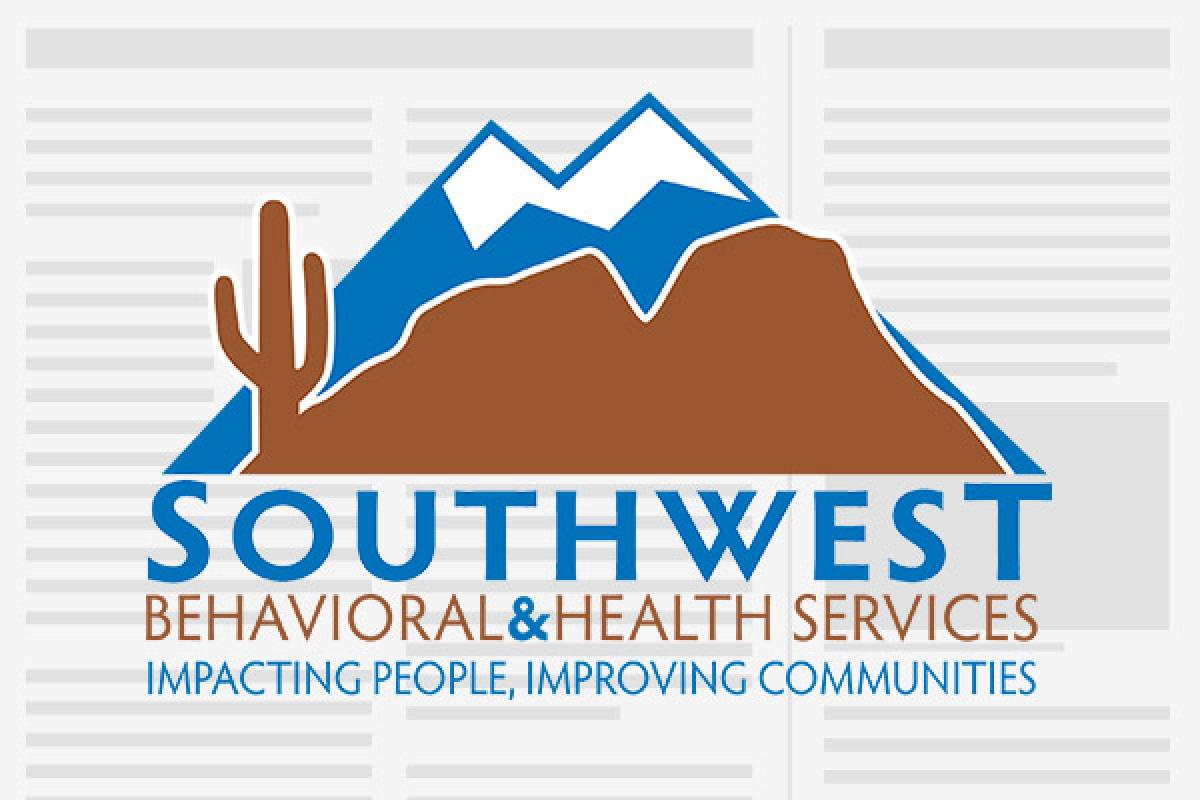
As more research is done to better understand the prevention, intervention and treatment of substance abuse disorders, more is known about the importance of recognizing the need for trauma resolution and of teaching shame resilience. When a person experiences traumatic events at a young age, they may not learn to self-soothe. This can set them up to seek things outside themselves, like the use of drugs and alcohol, to manage difficult emotions. People do what works for them, even if “what works” is ultimately damaging. The good news is that teachable shame resilience techniques can be taught in order to bridge the gap between trauma resolution and sustainable addiction recovery.
But what does this have to do with my child who does not suffer with a substance abuse disorder?
If parents are aware of the benefits for their children of shame resilience, and become familiar with strategies to teach it, they can lower the risk of their children ever turning to substances to try to deal with toxic shame. Shame resilience is protective as well as therapeutic.
What can I do to teach my kids shame resilience?
Brene Brown is a researcher who has studied shame, its effect on our lives, and how to overcome it. She provides some techniques for instilling this in our children:
· Cultivate a sense of love, belonging and safety within your family. Instilling in our kids the belief that they are loved and accepted unconditionally for who they are, not for what they achieve, builds protective connectedness.
· Avoid using shame as a parenting tool. Be reflective of the ways you interact with your child. Often, we parents may treat our kids with disrespect without realizing it. Showing them respect teaches them how to respect others. It’s not a matter of giving them their way; it’s about treating them in a way that honors their basic human dignity.
· Don’t be afraid to set boundaries. Children whose parents don’t set healthy boundaries tend to grow up with the belief that they don’t matter to their parents. Without the bonding in this most foundational relationship, thy may grow to seek solace, grounding and validation in unhealthy ways.
· Help them with realistic thinking patterns. Guide them away from catastrophic ways of viewing the world so that they will develop healthy perseverance.
For more information on how to instill in your kids the healthy self-esteem and build connectedness between you and them, contact DrugFreeAZKids.org to enroll in a free Active Parenting workshop.













